Welcoming Petro-based Dollars
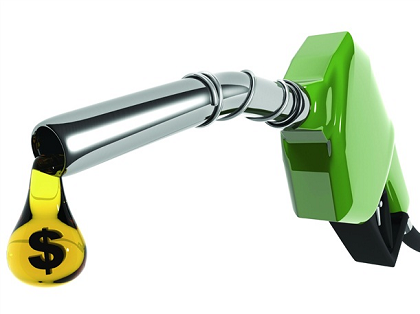
| Rank | Country | Investment (US$ Billion) | Number of Projects |
| 22 | Saudi Arabia | 29,93 | 18 |
| 27 | United Arab Emirates | 13,76 | 12 |
| 32 | Yemen | 7,10 | 5 |
| 44 | Iraq | 0,60 | 6 |
| 67 | Syria | 0,02 | 5 |
| 71 | Qatar | 0,00 | 2 |
| 76 | Libya | 0,00 | 1 |
| 82 | Bahrain | 0,00 | 2 |

| Rank | Country | Investment (US$ Billion) | Number of Projects |
| 22 | Saudi Arabia | 29,93 | 18 |
| 27 | United Arab Emirates | 13,76 | 12 |
| 32 | Yemen | 7,10 | 5 |
| 44 | Iraq | 0,60 | 6 |
| 67 | Syria | 0,02 | 5 |
| 71 | Qatar | 0,00 | 2 |
| 76 | Libya | 0,00 | 1 |
| 82 | Bahrain | 0,00 | 2 |
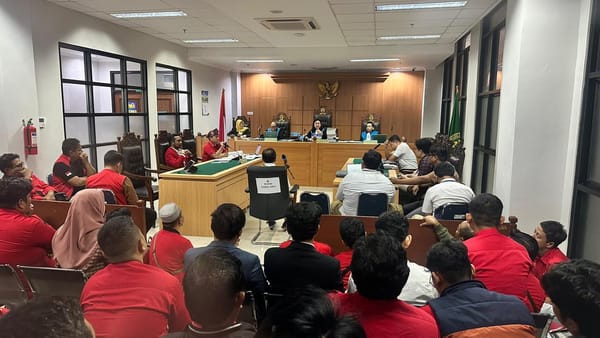
Jakarta,TAMBANG,- Sidang lanjutan gugatan Rencana Usaha Penyediaan Tenaga Listrik (RUPTL) 2025–2034 dengan Nomor Perkara 315 kembali digelar di Pengadilan Tata Usaha Negara (PTUN) Jakarta pada Kamis,(5/2). Persidangan berlangsung dengan perhatian besar dari publik, khususnya anggota Serikat Pekerja PLN (SP PLN). Sejak pagi hari, kawasan PTUN
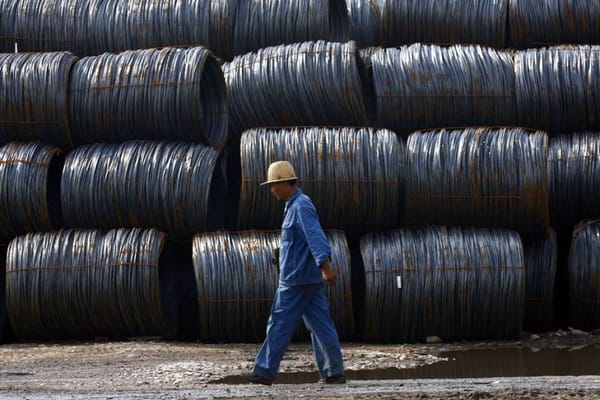
PT Danantara Indonesia terus memperkuat langkah transformasi PT Krakatau Steel (Persero) Tbk sebagai bagian dari upaya membangun industri baja nasional yang sehat, berdaya saing, dan mampu menopang pertumbuhan industri ke depan.
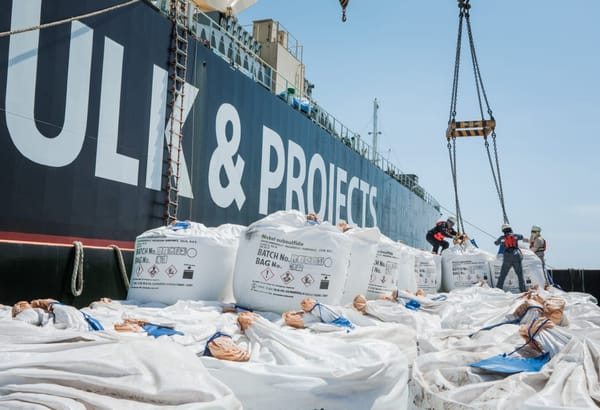
Wakil Ketua MPR sekaligus anggota DPR Komisi XII, Eddy Soeparno memuji keterbukaan dan akuntabilitas PT Vale Indonesia (VALE) yang tengah melaksanakan hilirisasi komoditas nikel.
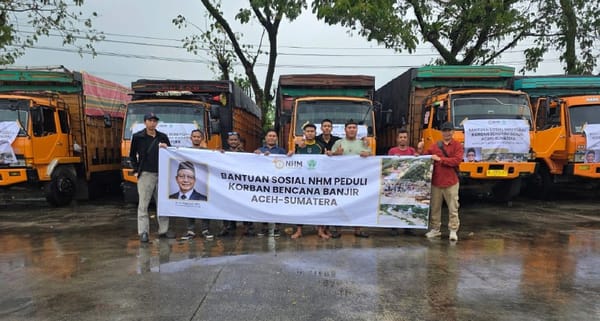
PT Nusa Halmahera Minerals (NHM) menyalurkan bantuan kemanusiaan untuk masyarakat Aceh sebagai bentuk dukungan nyata terhadap upaya penanganan kondisi darurat yang tengah dihadapi wilayah tersebut.